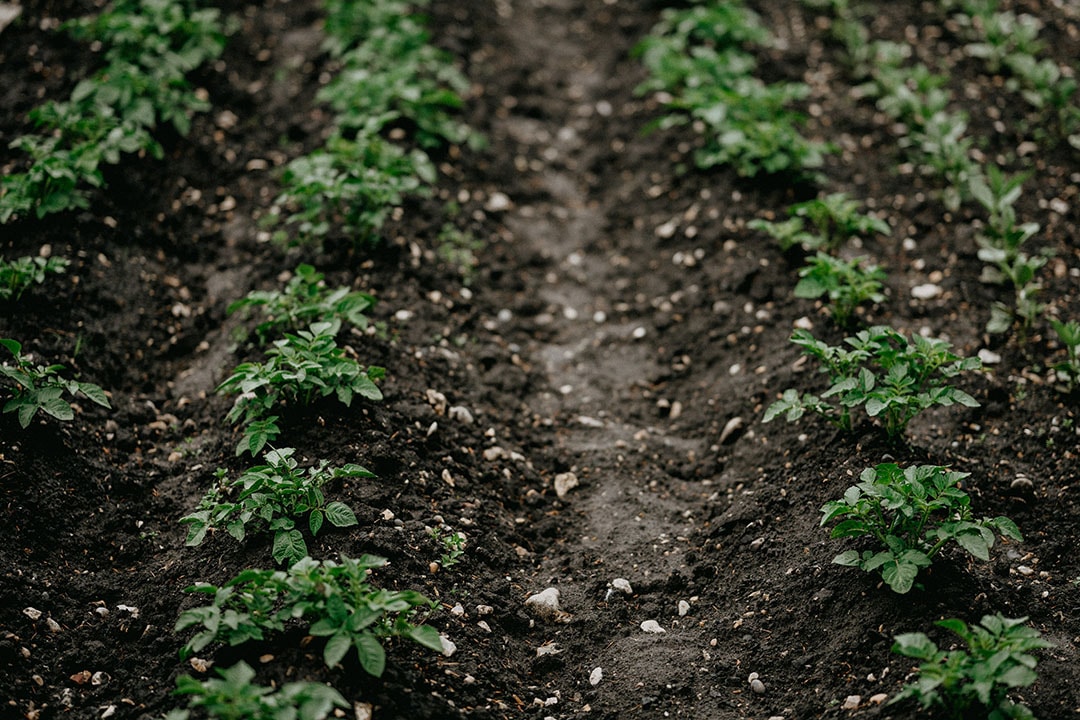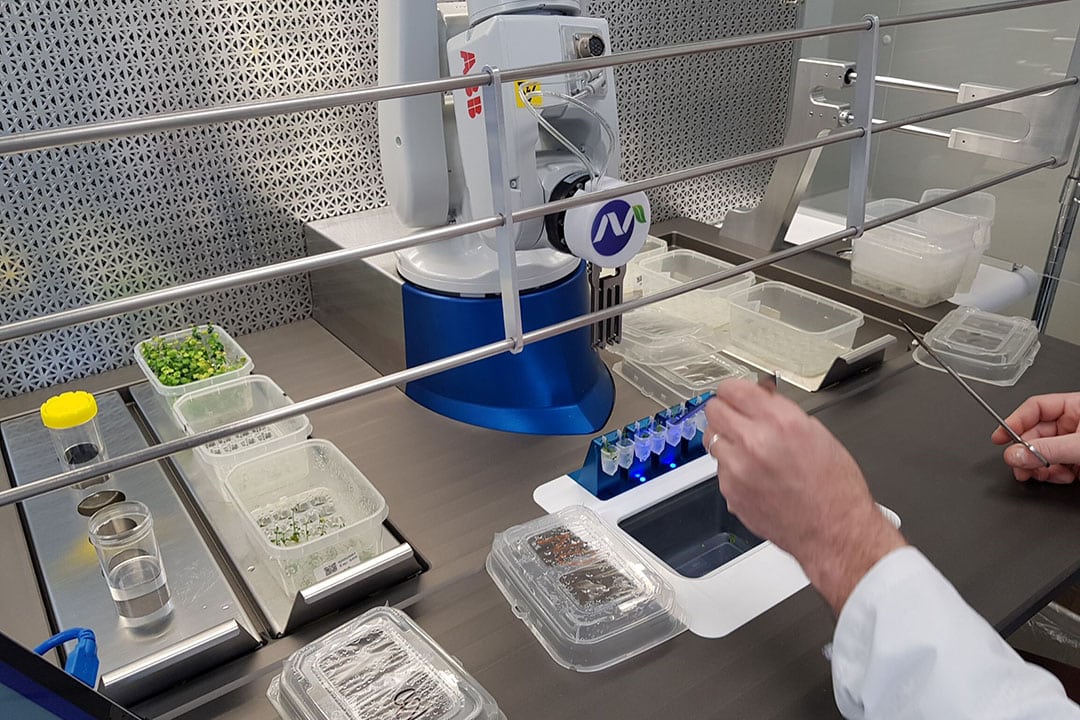Automated plant cloning for a higher crop yield

Australian company NuPlant has developed a robotic plant cloning system that delivers significantly improved plants from breeding programs, for multiple species.
The plant cloning system, named SmartCloneTM, uses precision robotics to deliver robust clones from parent material, using customisable conditions for each growth phase. It promises stronger, more uniform plantlets, reduced labour, and lower costs per plant for larger producers with in-house labs and plant breeding companies.
Text continues below video
The new plant cloning technology creates the most value in intensive crop production including potatoes, grapes, berries, and hemp where efficient tissue culture is critical for high-health, high-yielding plants. It also can play an important role in the production of healthier tree planting stock and the supply of many ornamental plant species.
Automated plant cloning delivers higher quality plantlets
“In the potato industry for example, there is a need for consistent quality”, spokesman Drew Ryder of NuPlant explains. “When you manually create plantlets in tissue culture and keep repeating that, you build up more pathogens, and the yield of the producer will go down. With his technology, the plant cloning is automated, and this delivers higher quality plantlets.”
Also read: Improving the heat tolerance of chickpeas
CEO Bob Teasdale of NuPlant says plant cloning through tissue culture has been around for many years and it remains an important technology for plant improvement. “But the cloning processes used are manual and inconsistent. Our automated processes increase the speed and consistency of tissue culture, making it more viable for plant breeders globally and allowing faster production of healthier plants.”
Text continues below image

Reduced labour costs
According to NuPlant, the SmartCloneTM plant cloning system reduces labour costs by a five-fold factor across several plant species, when compared to conventional tissue culture methods. Traditionally difficult species can also be cloned in a controlled, large-scale environment at an economically viable price point with a high rate of survivability.
In a sample study for grapevines, the system had a total cost savings of 86%, compared to conventional clonal propagation, accounting for container, media, labour, nursery transfer, residence time and attrition. In the case of potatoes, the corresponding saving was estimated at 58%.
Text continues below image

Total time in the nursery reduced
NuPlant says that plantlets developed in the system, significantly outperform those produced from conventional tissue culture because they have up to 10 times greater biomass, better root systems, and normal physiology.
“Total time in the nursery is reduced from the typical 14 to 16 weeks to eight weeks and 95% of the plants typically finish, compared to as low as 70% with conventional tissue culture”, Mr Teasdale emphasises.
NuPlant is a biotechnology company based in Toowong, Queensland. The company is guided by a team of industry experts with diverse experience in biotechnology and plant breeding as well as robotics.



